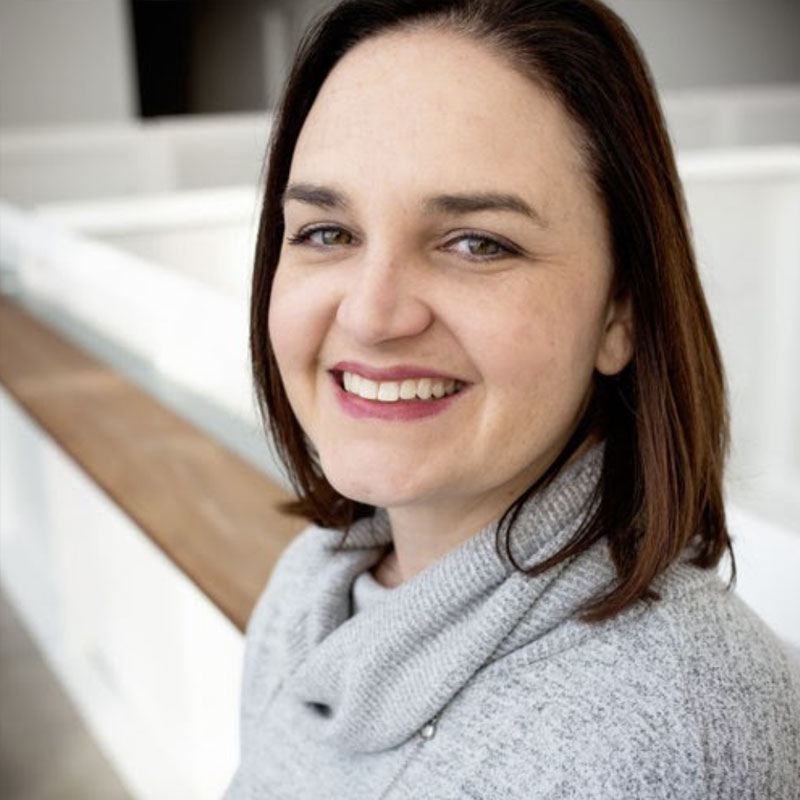It is well documented in music therapy literature that older adults with primary and secondary aging benefit from music therapy. While literature exists in the music therapy area regarding adaptive lessons for young children, there are scant resources available for providing similar instruction for older adults. This presentation will discuss providing adaptive lessons as music therapy for an older adult from the perspective of the supervising professor and reflections shared by the student therapist and facility representative.
Presentation Description:
It is well documented in music therapy and music education literature that older adults, both with primary and secondary aging, benefit from music therapy (Clark et al, 2012, Lehmberg & Fung, 2010, Solé et al, 2014, Zelazny, 2001). Coffman and Adamek (1999) and Coffman (2002) have provided strong support for ensemble participation for older adults. While literature exists in the music therapy area regarding adaptive lessons for young children to young adults (Darrow, 1999, Rosado, 2019) there are scant resources available for providing similar instruction for older adults.
This presentation will discuss the provision of adaptive lessons as music therapy for an older adult with primary aging, from 3 perspectives: of the student, supervisor, and facility representative. Information regarding selection of the client; rationale for adaptive lessons; student preparation and experience; as well as findings and guidance of community representative regarding benefits of such a service for other residents.
A review of literature by Lehmberg and Fung (2010) revealed that participation in active music results in improved quality of life, overall sense of physical and mental well-being, as well as a slowing in cognitive decline due to aging. Additionally, pleasure and a sense of pride can be derived from learning new skills.
Individual music therapy services were provided in the form of ukulele lessons for the client in her 90s who was a former music professor and conductor. This client attended group music therapy as part of the programming in the retirement community, provided by music therapy students. Individual goals specific to client needs were identified for one-to-one sessions. The specific instrument (ukulele) was chosen due to client’s expressed desire to have learned to play guitar in the past, but that “the strings hurt [her] fingers” and the desire to give her an approximate instrument and ease her into practice. For this specific client, individual lessons sparked her desire to link to her well-established musical skills to a new venture.
It is important to note, regardless of skill is development, in these sessions the outcome was not performance-based but was based on the process of developing the skill, maintaining her cognitive function and maintaining social connection. Preventing isolation, particularly isolation on a musical level (a unique challenge as a professional musician), resulted in the client being as excited about being taught as she was to teach.
Individual music therapy sessions revealed a masking of cognitive decline not seen in other social interactions and group music therapy sessions but were noted by the community representative during lesson observations. Additionally, while the client was typically social, increased social interaction was observed as friends and residents would stop by during lessons to hear the music.
Music lessons facilitated reminiscence, fine and gross motor movement, and the learning of new concepts and tasks connected with previous knowledge from her musical training, as supported in the review by Lehmberg and Fung (2010). Additionally, the client expressed gratitude that she was able to have a goal toward which to work and given “homework” during the week to practice skills. She acknowledged it would benefit her in other areas of her life. The student’s intention to explain why they were undertaking certain tasks was easier due to the client’s background. She could understand the function using language familiar to musicians, which she wanted to understand in that manner.
Student development included modifying assessment and evaluation, adapting lessons to an adult learner, facilitating sessions in a lesson-based format, modifying age-appropriate music to fit the chords and lesson covered that day as well as articulating the musical information using professional musical language and in numerous ways. When cognitive decline was demonstrated and repetitive discussions began, a return to the music, both in playing and singing, refocused the client to the task at hand.
Learner Objectives:
- Learning Objective #1: Participants will be able to articulate rationale for providing adapted lessons for older adults. (CBMT Domain II. A. 3)
- Learning Objective #2: Participants will be able to discuss the ways in which adaptive lessons can reveal masking of decline by “well” older adults. (CBMT Domain II. B. 2, 3. a-e)
- Learning Objective #3: Participants will be able to identify at least three goals related to providing adaptive lessons for older adults with primary aging. (CBMT Domain III. A. 2. b, d, l)
Target Audience:
Students, Entry-level professionals
Presenter Biography:
Ginny Driscoll, PhD, MT-BC is an Assistant Professor at East Carolina University. Her research includes music perception in hearing loss and clinical development in expanding access to music therapy.


